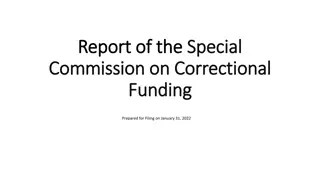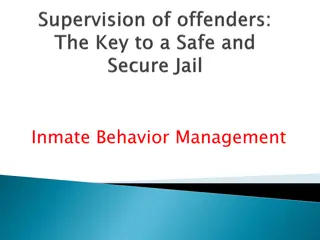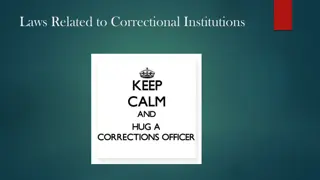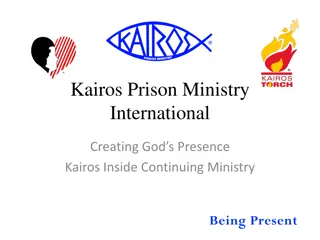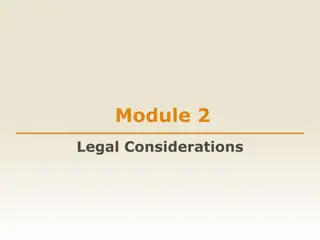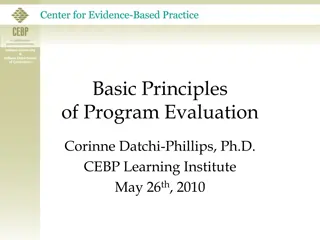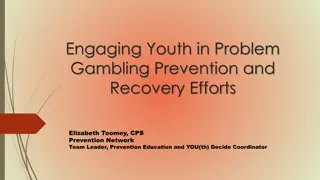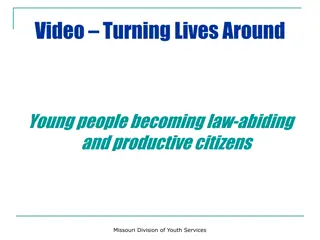Understanding Borstal: A Former British Youth Correctional System
Borstal was a type of youth detention center in the UK and Commonwealth focusing on re-educating young offenders aged 16-21. The centers aimed to reform delinquents by providing training, skills, and rehabilitation, with the goal of preventing further criminal behavior. Borstal aimed to keep juveniles out of prison, away from adult offenders, and provide them with the tools to become responsible citizens.
Download Presentation

Please find below an Image/Link to download the presentation.
The content on the website is provided AS IS for your information and personal use only. It may not be sold, licensed, or shared on other websites without obtaining consent from the author. Download presentation by click this link. If you encounter any issues during the download, it is possible that the publisher has removed the file from their server.
E N D
Presentation Transcript
What is Borstal? Acustodial institution for young offenders . A former type of British correctional institution to which convicted young offenders (16 to 21 years old) were sent for re- education and training .
What is Borstal? A Borstal was a type of youth detention center in the United Kingdom and the Commonwealth. The word is sometimes used loosely to apply to other kinds of youth institutions and reformatories, such as approved schools and youth detention centres. The court sentence was officially called "Borstal training". Borstal were originally for offenders under 21, but in the 1930s the maximum age was increased to 23. The Criminal Justice Act 1982 abolished the Borstal system in the UK, replacing Borstal with youth custody centres.
Objectives of Borstal Borstal centres were institutions that provided residential training to youth delinquents and offenders. The objectives of the centres were to reform such young offenders by equipping them with skills. The centres were also used as places of control. Their priority was 'treatment' of the offender.
Objectives of Borstal Keeping juveniles out of prison. Keeping them out of association with adult offenders. Detention as a form of punishment, leading to reform. The main objective is to provide character reform of juvenile offenders through counseling, acquisition of vocational skills, education, socialization and recreational activities with the view of making them useful, self- reliant and responsible citizens.


